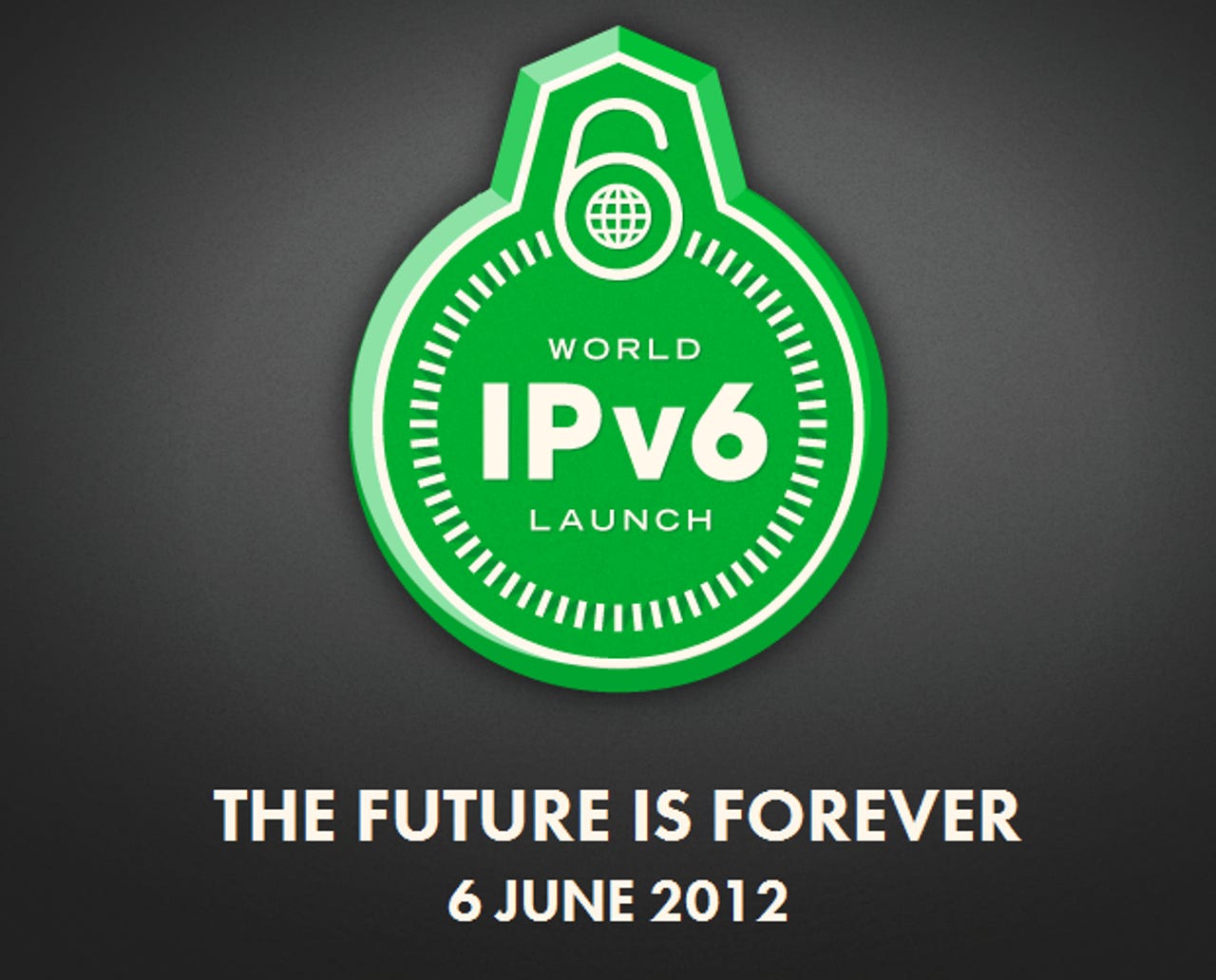Facebook, Google, Bing, Yahoo to enable IPv6 on June 6, 2012

On June 6, 2012, Facebook will join with other web companies (Google, Microsoft Bing, and Yahoo) to permanently enable Internet Protocol version 6 (IPv6) on facebook.com. From that point on, Facebook will be dual–stacked, meaning it will support access via IPv4 and IPv6.
Facebook today announced its participation in World IPv6 Launch over on Facebook Engineering's official Facebook Page. Further confirmation came from Facebook's official Twitter account: "RT @WorldIPv6Launch: Facebook is joining World IPv6 Launch to permanently enable IPv6 on our main site on June 6, 2012. #v6launch."
The launch follows last year's successful industry-wide test of IPv6 on June 8, 2011, which demonstrated how IPv6 is the best solution to keeping devices communicating and ensuring people stay connected online as the Internet continues to grow. In fact, Facebook was so satisfied with last year's test that it left developers.facebook.com dual stacked, because it saw no reason to switch back.
Major Internet Service Providers (ISPs), home networking equipment manufacturers, and Web companies around the world are coming together to permanently enable IPv6 for their products and services by June 6, 2012. World IPv6 Launch is organized by Internet Society and represents a major milestone in the global deployment of IPv6.
Seven ISPs have agreed to participate in World IPv6 Launch and are committed to make IPv6 available automatically as the normal course of business for a significant portion of their subscribers. The following ISPs are committed to having at least 1 percent of their wireline residential subscribers who visit participating websites will do so using IPv6 by June 6:
Two home networking equipment manufacturers are committed to enabling IPv6 by default through the range of their home router products by June 6:
Four Web companies are committed to enabling IPv6 on their main websites permanently by June 6:
Last but certainly not least, two content delivery network providers will be enabling their customers to join this list of participating websites by enabling IPv6 throughout their infrastructure:
"The fact that leading companies across several industries are making significant commitments to participate in World IPv6 Launch is yet another indication that IPv6 is no longer a lab experiment; it's here and is an important next step in the Internet’s evolution," Leslie Daigle, the Internet Society's Chief Internet Technology Officer, said in a statement. "And, as there are more IPv6 services, it becomes increasingly important for companies to accelerate their own deployment plans."
For the uninitiated, IPv6 is a version of the Internet Protocol slated to succeed IPv4, which currently directs most Internet traffic, but is running out of addresses. IPv4 allows 2^32 addresses (about 4.3 billion) while IPv6 allows up to 2^128 addresses, and includes several other improvements. The problem is the difficult transition from IPv4 to IPv6, which you can read more about in the links below.
See also:
